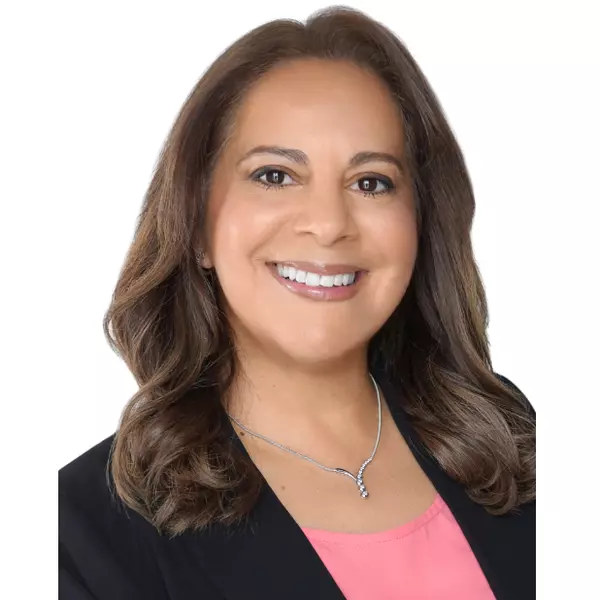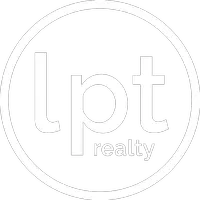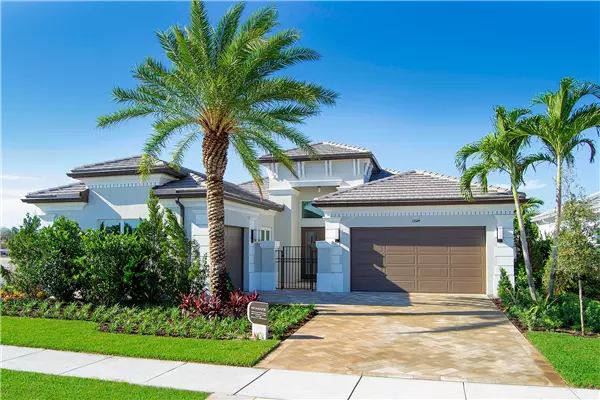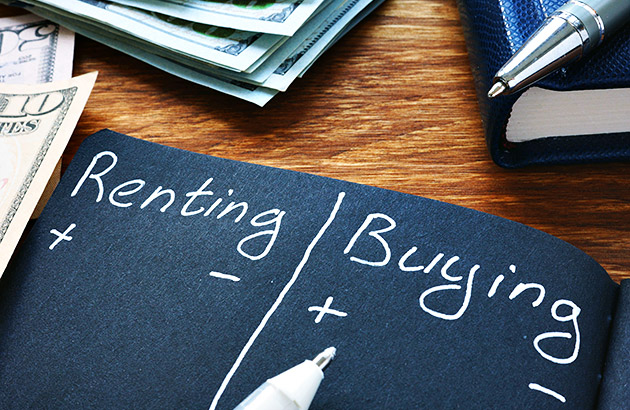CLOSING COSTS

As a homebuyer, it’s easy to get caught up in the excitement of making plans for your new home. You have accounted for the mortgage payments, thought about décor and color schemes, and planned where every piece of furniture will go. But, there are still some very important transaction details you may have overlooked, such as the countless transaction fees charged to buyers, known as Closing Costs. These costs can add up quickly and catch you by surprise. Therefore, it is imperative to understand what each fee covers, how you can reduce or eliminate these fees, and how much you may need to pay. Closing costs are unavoidable when buying (or refinancing) a home. However, understanding what these costs cover, ensuring you’re getting the best rates, and budgeting for them will make for a smoother closing process.
WHAT ARE CLOSING COSTS?
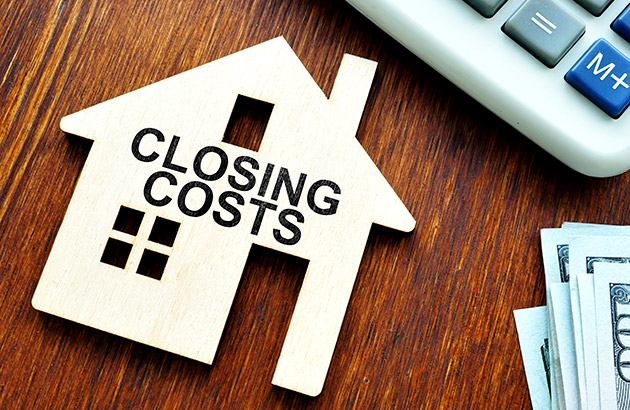
Closing costs are standard fees collected to pay the various parties involved in processing your loan and transferring ownership of the house to you.
Once you submit your loan application, your lender is required to provide you with a Loan Estimate. This estimate is legally binding and will outline all fees, the interest rate, and any other costs to close your loan. Review it carefully and if you have questions, be sure to ask your lender, the title company, or your real estate agent to clarify.
Three business days prior to closing, your lender will provide a Closing Disclosure for final review. This will show the original estimated closing costs and final closing costs, as well as indicating the difference if costs were adjusted. If you see new fees that were not included in the original loan estimate, or notice that your closing costs are significantly higher, immediately seek clarification with your lender and/or real estate agent. While these figures might fluctuate by closing day, there shouldn’t be any big surprises.
HOW MUCH ARE CLOSING COSTS?

In general, the total closing costs range between 2% to 5% of the home’s purchase price, and will vary depending on state, loan type, and mortgage lender. Several factors influence your closing costs, and as a result, will vary from one home purchase to the next. It is best to estimate your closing costs at the high end of the range, and hopefully you will be left with extra money. There are many fees that make up the final closing costs when buying a home, most of which do fall on the buyer.
PROPERTY-RELATED FEES
- Appraisal Fee: It’s important for a lender to know if the property is worth as much as you intend to borrow. The average cost of an appraisal by a certified professional appraiser ranges from $300-$400.
- Home Inspection: Most lenders require a home inspection, especially if you’re getting a government-backed mortgage, such as an FHA loan. Home inspection fees range from $300-$500.
LOAN-RELATED FEES

- Application Fee: This is cost of processing a request for a new loan, and includes fees for credit checks and administrative expenses. The application fee varies depending on the lender and the amount of work it takes to process your loan application.
- Assumption Fee: If the seller has an assumable mortgage and you take over the remaining balance of the loan, you may be charged a variable fee based on the balance.
- Attorney Fees: Some states require an attorney to be present at the closing of a real estate purchase. The fee will vary depending on the number of hours the attorney works for you.
- Prepaid Interest: Most lenders require buyers to pay the interest that accrues on the mortgage between the date of settlement and the first monthly payment, and will depend on your loan size.
- Loan Origination Fee: Also known as an underwriting fee, administrative fee or processing fee, the loan origination fee is a charge by the lender for evaluating and preparing your mortgage loan. This can cover document preparation, notary fees, and the lender’s attorney fees. Expect to pay about 0.5% of the amount you’re borrowing.
- Discount Points: By paying discount points, you reduce the interest rate you pay over the life of your loan, which results in more competitive mortgage rates. However, paying points is worthwhile only if you plan to stay in the home for a long time. Otherwise, the upfront cost isn’t worth it.
- Mortgage Broker Fee: If you work with a mortgage broker to find a loan, the broker will usually charge a commission as a percentage of the loan amount. The commission averages from 0.5% to 2.75% of the home’s purchase price.
MORTGAGE INSURANCE FEES
- Mortgage Insurance Application Fee: If you make a down payment of less than 20%, you may have to get private mortgage insurance (PMI). PMI protects the lender in case you default, and the application fee varies by lender.
- Upfront Mortgage Insurance: Some lenders require borrowers to pay the first year’s mortgage insurance premium upfront, while others ask for a lump-sum payment that covers the life of the loan. Expect to pay from 0.55% to 2.25% of the purchase price for mortgage insurance.
- FHA, VA, and USDA Fees: If your loan is insured by the Federal Housing Administration, you’ll have to pay FHA mortgage insurance premiums; if it’s guaranteed by the Department of Veterans Affairs or the U.S. Department of Agriculture, you’ll pay guarantee fees.
PROPERTY TAXES, ANNUAL FEES, AND INSURANCE
- Property Taxes: Buyers typically pay two months’ worth of city and county property taxes at closing.
- Annual Assessments: If your condo or homeowners’ association requires an annual fee, you might have to pay it upfront in one lump sum.
- Homeowners Insurance Premium: Usually, your lender requires that you purchase homeowner’s insurance before settlement, which covers the property in case of vandalism, damage, etc. The amount varies depending on where you live and your home’s value.
TITLE FEES
- Title Search Fee: A title search is conducted to ensure that the person selling the house actually owns it, and that there are no outstanding claims or liens against the property. Title search fees are about $200, but can vary among title companies by region. The search fee may be included in the cost of title insurance.
- Lender’s Title Insurance: Most lenders require a loan policy. This protects them in case there’s an error in the title search and someone makes a claim of ownership on the property after it’s sold. Coverage lasts until the loan is paid off.
- Owner’s Title Insurance: You should also consider purchasing title insurance to protect yourself in case title problems or claims are made on your home after closing. The owner's coverage lasts as long as you or your heirs own the property.
CAN I REDUCE CLOSING COSTS?
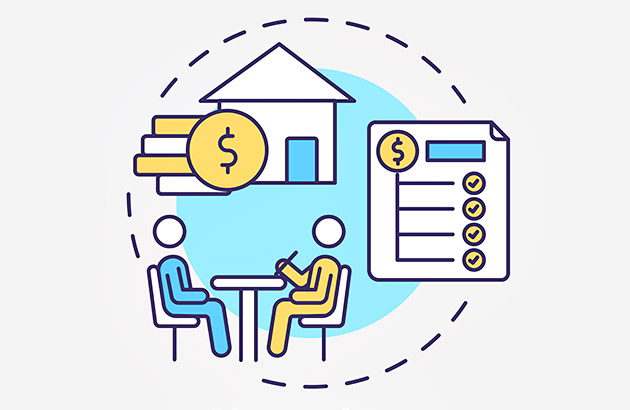
You might be overwhelmed and feel like you can’t afford all of these fees in addition to the down payment, moving expenses, etc. If you want to reduce your closing costs, it may take some leg work but it’s possible, especially in a competitive housing market. As a buyer, you can negotiate prices and fees with any party involved in the purchase process to reduce closing fees. In some cases, the seller may be willing to cover some or all of the closing costs to finalize the purchase. You may find you are better off in the long run by investing time before closing to negotiate lowering your costs wherever you can. In addition, consider the following options:
- Research First-time Homebuyer Programs: These programs specifically serve first-time homebuyers, especially buyers with moderate and lower incomes. A first-time homebuyer is anyone who has not owned a home in the last three years. So, even if you’ve owned a home previously, you might still qualify for one of these programs as long as you have not owned a home recently.
- Use Monetary Gifts: Homebuyers can also use monetary gifts from friends and family to pay for closing costs. Ask your lender about any gift letter requirements and limits on amounts.
- Shop Around: There are significant savings when you compare fees from lender to lender, and find the most competitive rates. This also applies to third-party services, such as homeowners’ insurance and title companies.
- Schedule End-of-Month Closing: A closing date near or at the end of the month helps cut down on prepaid daily interest charges.
- Appeal to the Seller for Help: You might be able to get a seller to either lower the purchase price or cover a portion of your closing costs. This is more likely if the seller is motivated, or the home has been on the market for a long time with few offers.
- Negotiate Loan-Specific Fees: If you notice duplication or suspect a lender has added unnecessary fees, known as “junk fees,” to your loan, be sure to ask the lender to remove or reduce these fees.
- Roll Closing Costs into Your Mortgage: The most cost-effective way to cover your closing costs is to pay them out-of-pocket as a one-time expense. However, if that’s not an option, you may be able to finance them by folding them into the loan, but you’ll pay interest on those costs through the life of the mortgage. Therefore, do this only as a last resort.
Categories
Recent Posts
